Amid forecasts of an El Nino-induced drought, the Zimbabwean government has advised farmers to stop planting crops for the summer rainfall season, warning that the country is likely to experience a short and sharp farming season.
According to the country's Meteorological Services Department, Zimbabwe is likely to experience normal to below-normal rainfall in the 2023-24 agricultural season due to the El-Nino phenomenon that may also affect southern Africa.
Zimbabwe's main rainfall season normally runs from October to March, but due to the El Nino phenomenon, rains delayed by about five weeks and were erratic during November, leading early planted crops to suffer from severe moisture stress.
Meaningful rains only started in late December as the El Nino phenomenon appeared to be weakening, and the government advised farmers to continue planting until early January.
However, Obert Jiri, the Permanent Secretary in the Ministry of Lands, Agriculture, Water, Fisheries and Rural Development, said on Sunday that there were indications that this year's season was likely to be "short and sharp" hence the need for farmers to stop further planting.
"We expect that we are going to continue receiving rains, but that they might end abruptly at the end of February into early March. We will have a short, sharp season," Jiri was quoted as saying by the state-controlled Sunday Mail newspaper on Sunday.
He advised farmers to stop planting despite the rains being received in the country.
"Those who had prepared should also consider short-season varieties since we have a short season," he said.
El Nino can disrupt the usual regional weather patterns, leading to more unpredictable and extreme weather events. Floods can follow droughts and intense cyclones become more likely.
Climate expert Walter Svinurai told the weekly paper that farmers need to climate-proof their production, adding that Zimbabwe may experience a moderate drought and not a full-blown drought this year.
Agriculture is the nerve center of Zimbabwe's economy, contributing between 15 to 18 percent to the country's gross domestic product, according to the government statistics.
Finance and Economic Development and Investment Promotion Minister Mthuli Ncube has projected that Zimbabwe's 2024 economic growth rate will slow to 3.5 percent from 5.3 percent in 2023 due to the expected impact of the El Nino phenomenon.
-XINHUA






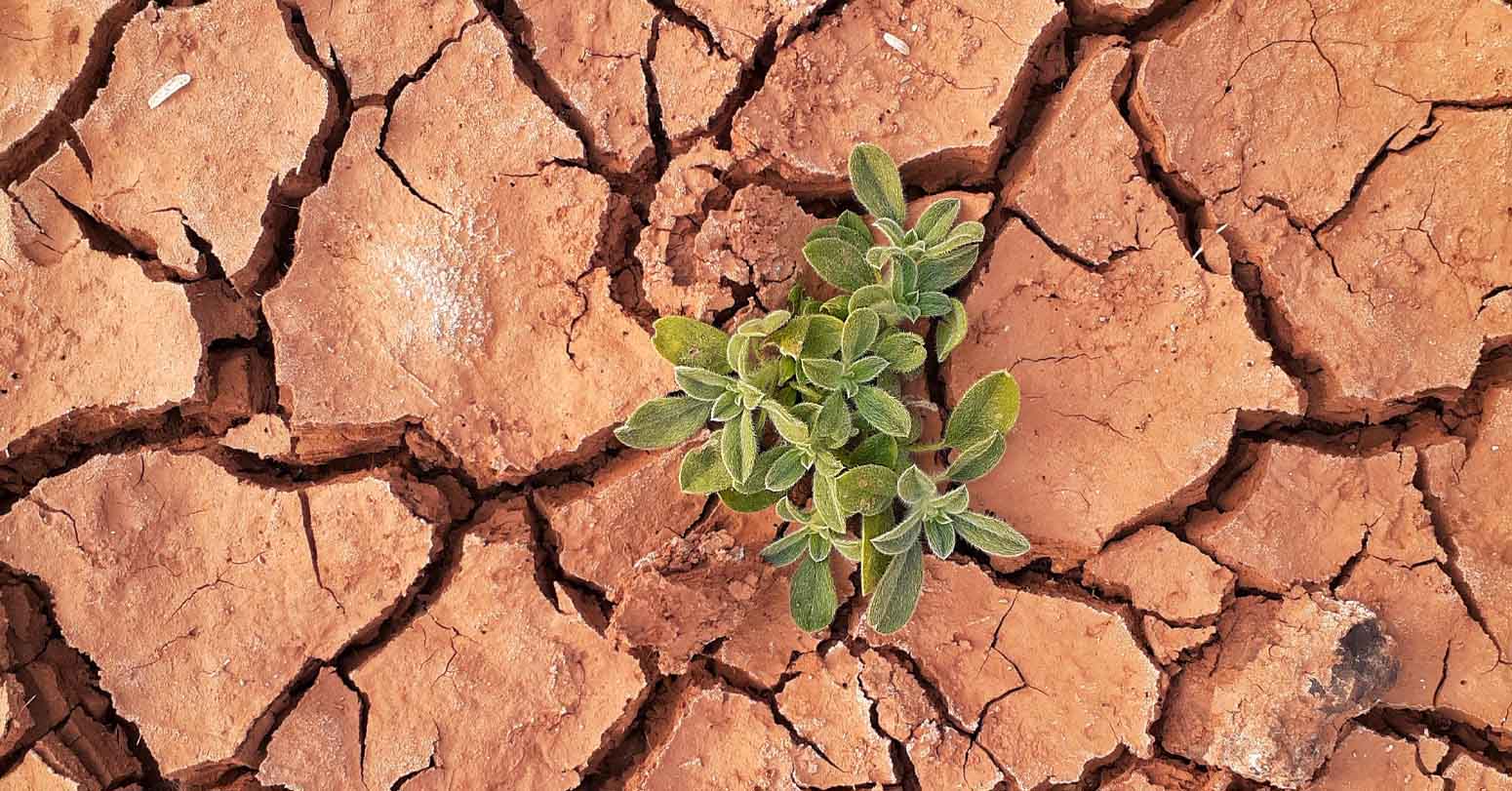
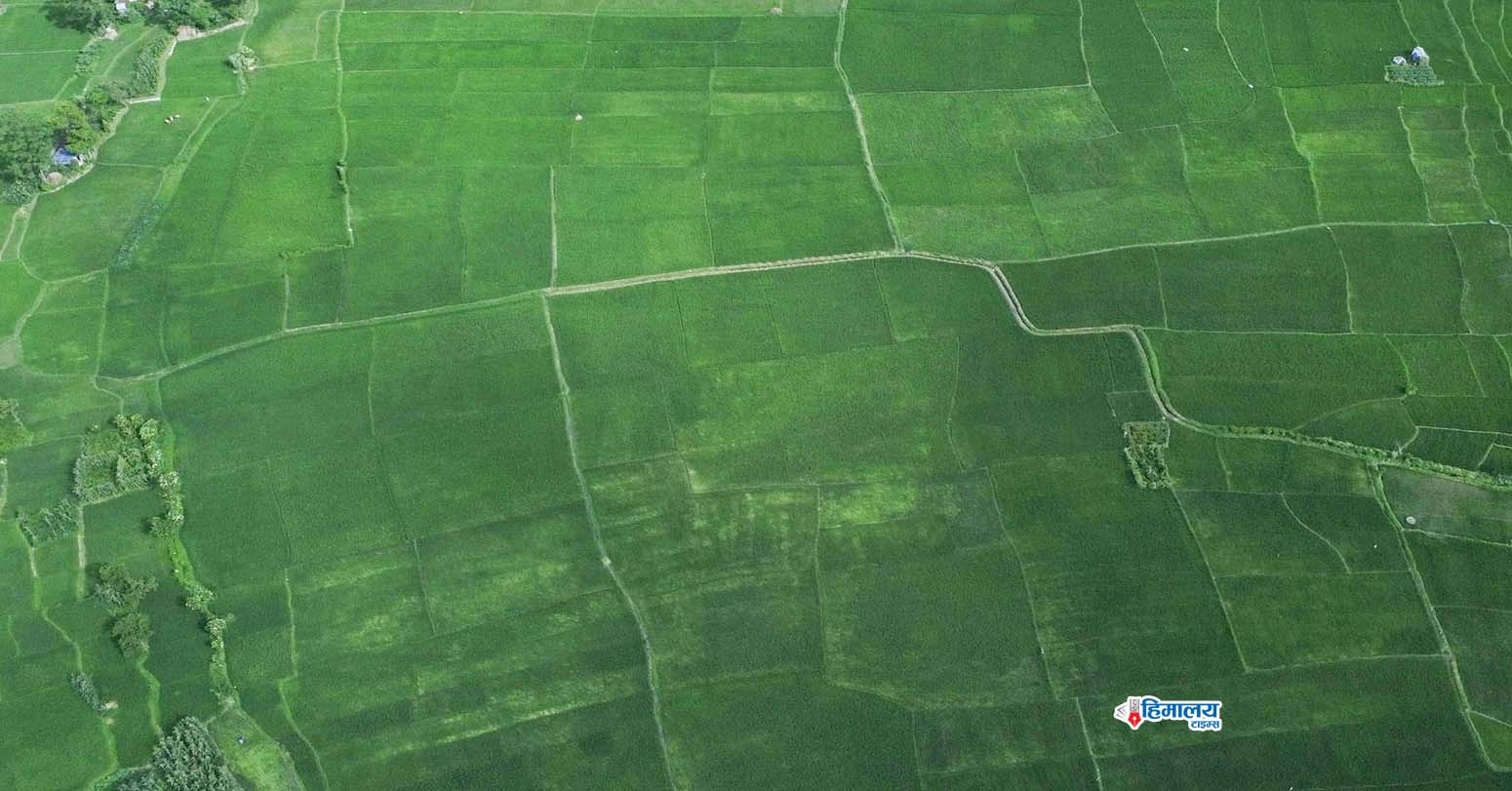
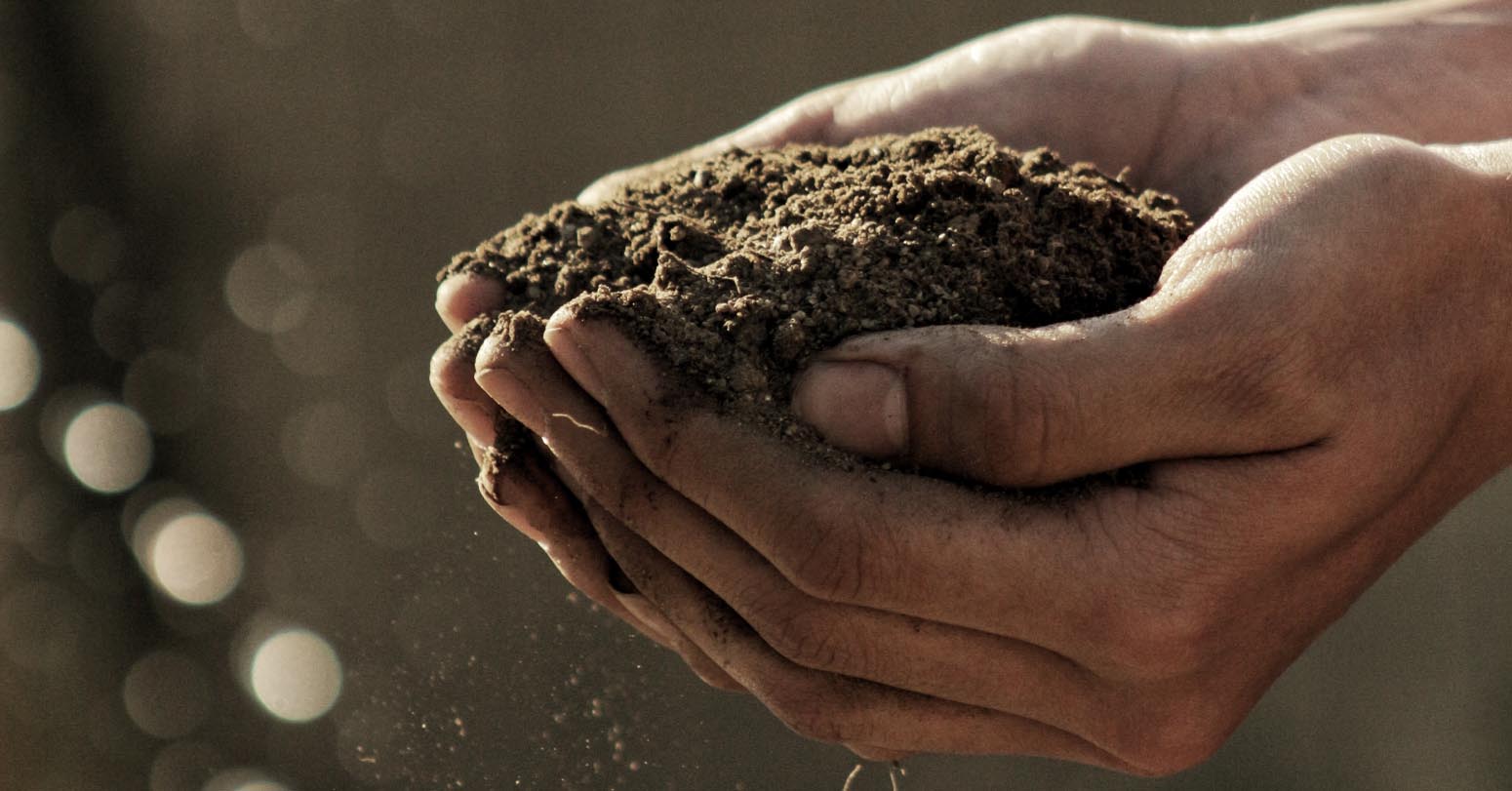
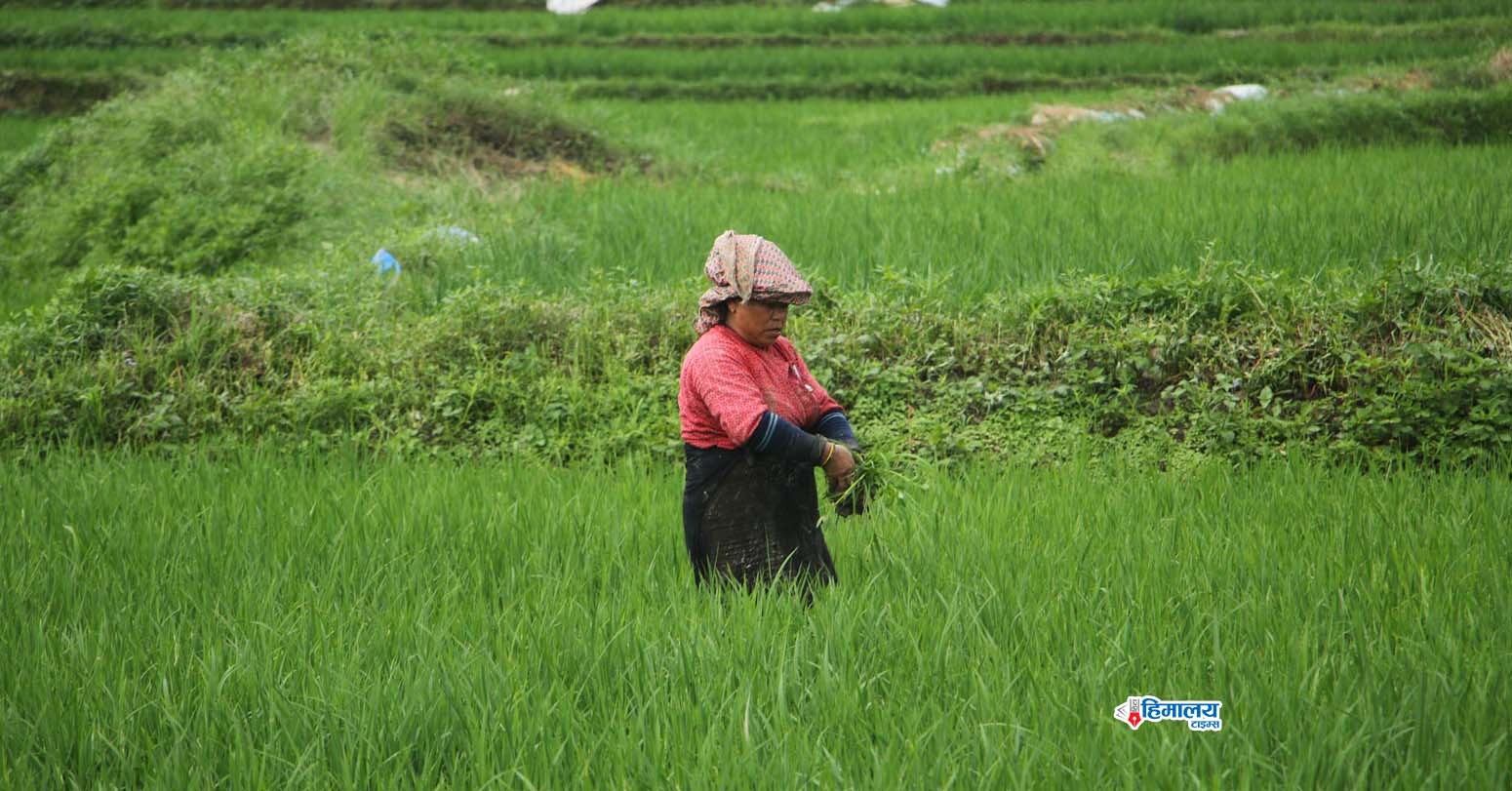
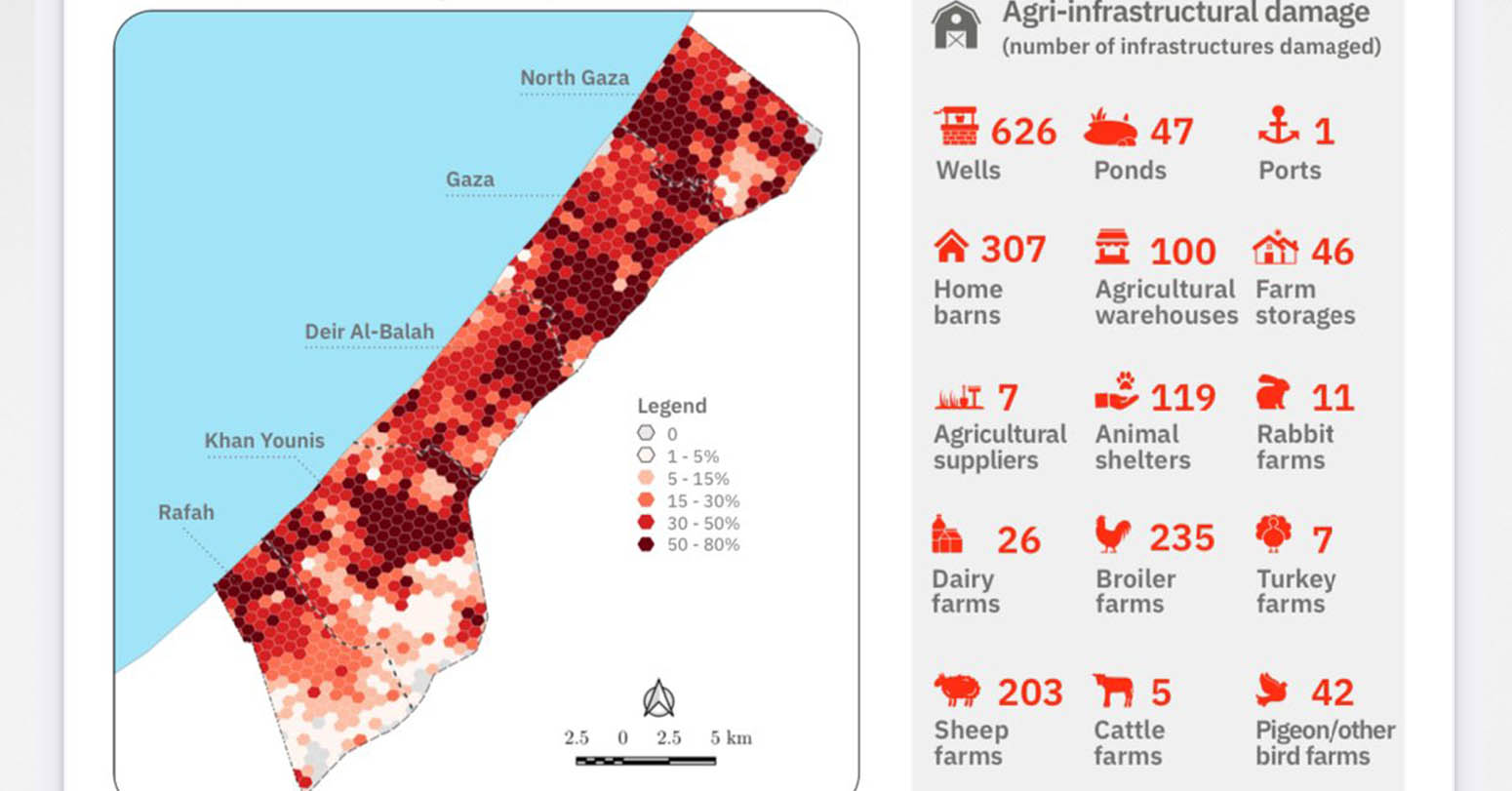
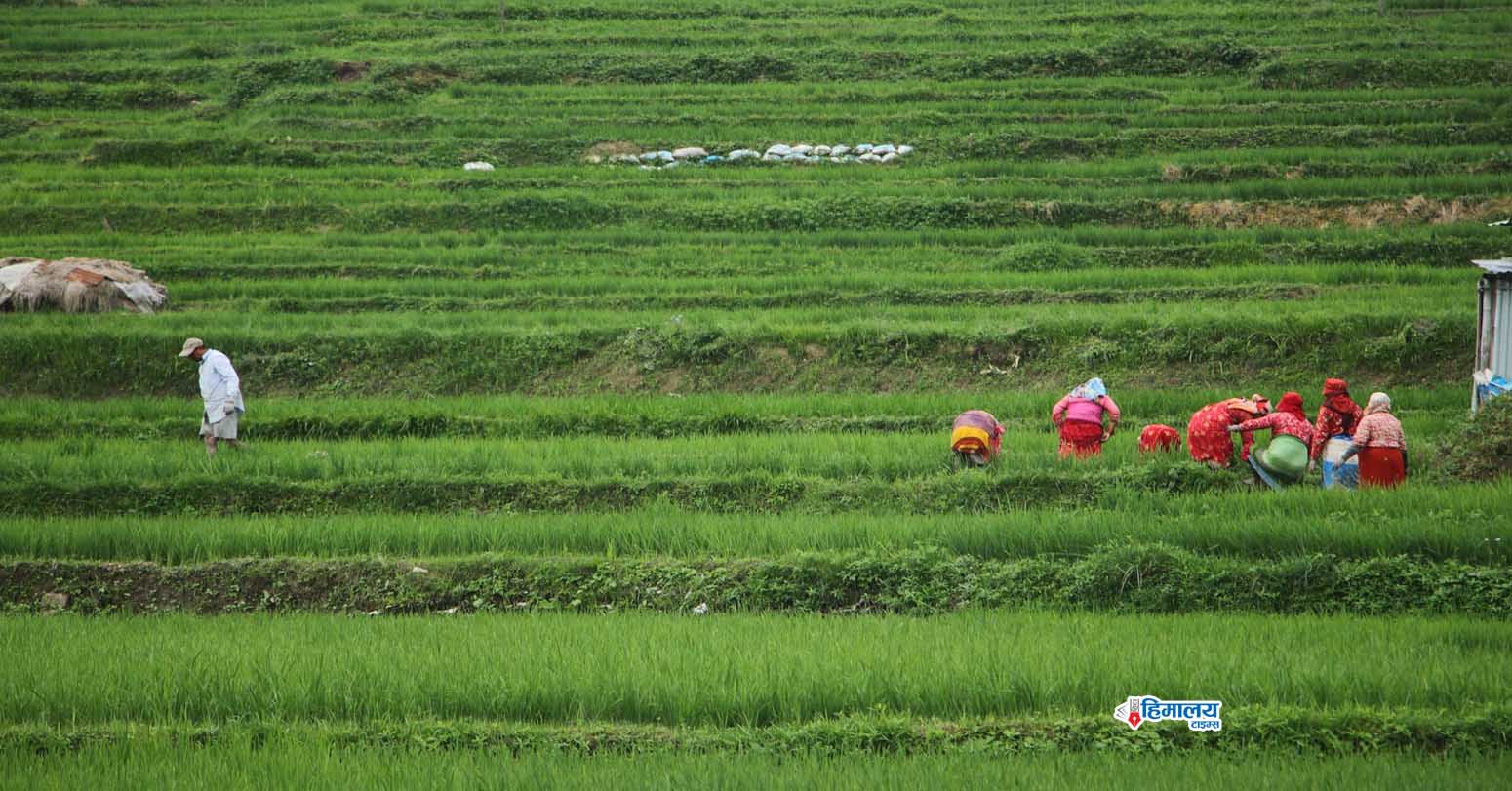
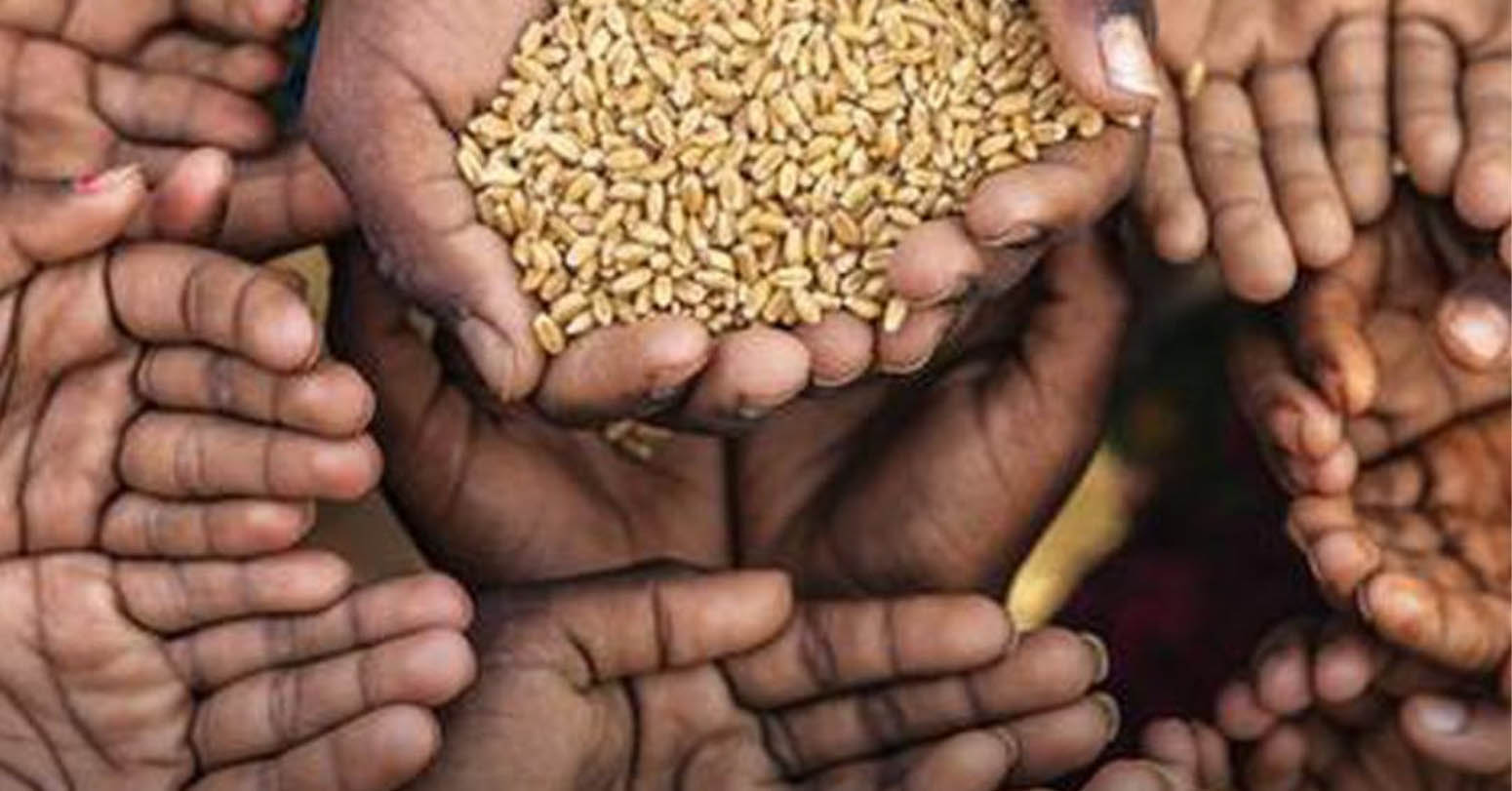

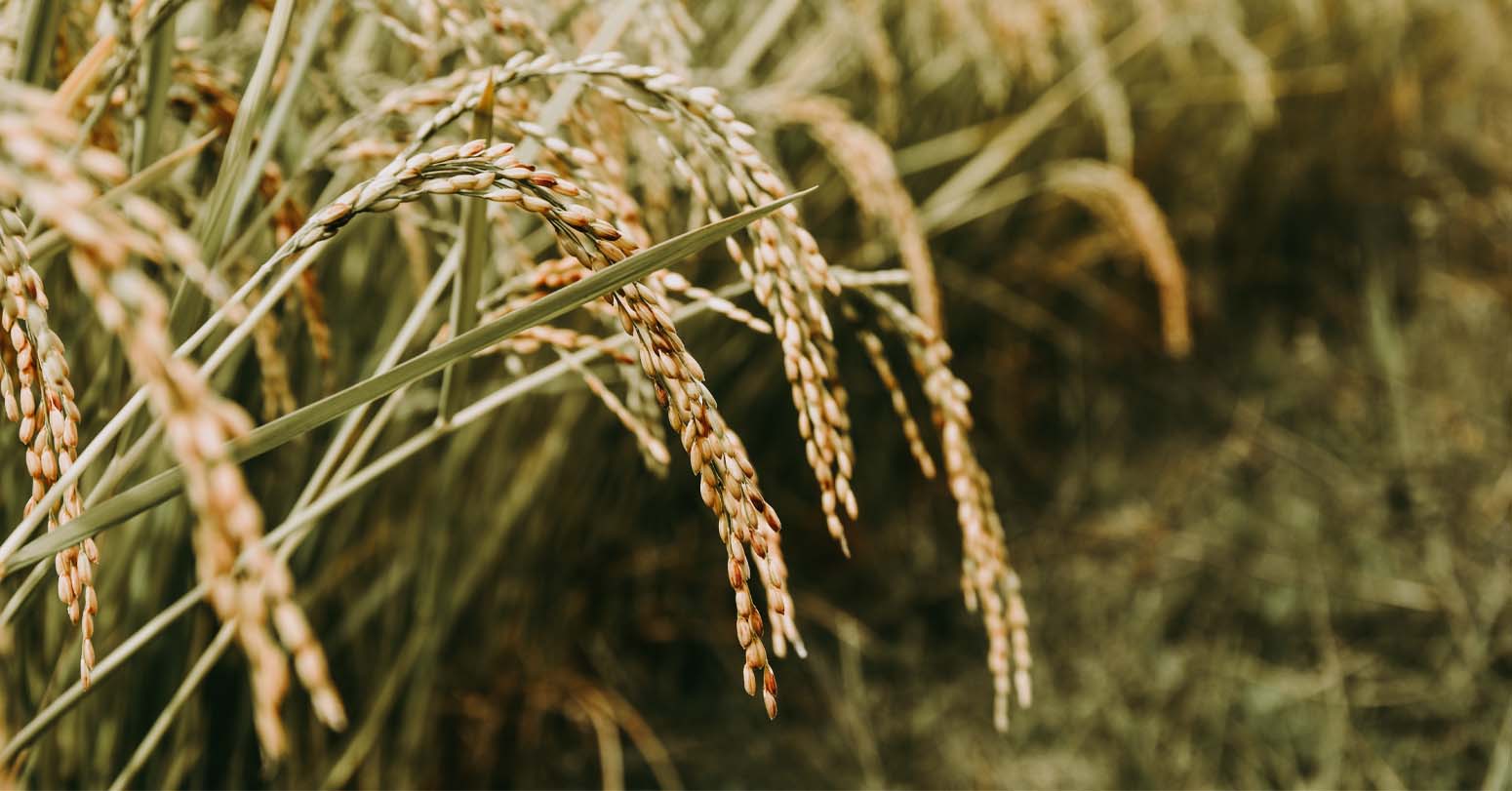
Comprehensive Data Protection Law Critically
Gender Differences In Mental Healthcare
Messi Wins Best FIFA Men’s
Erosion of Democracy
Fly Dubai Catches Fire in
“Complexities of the South Asian